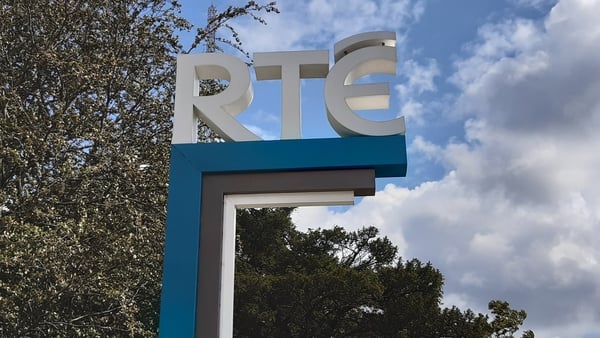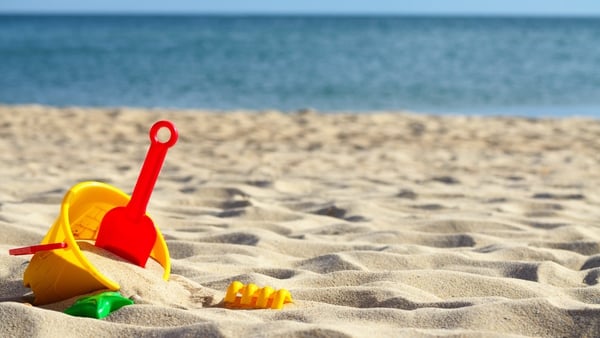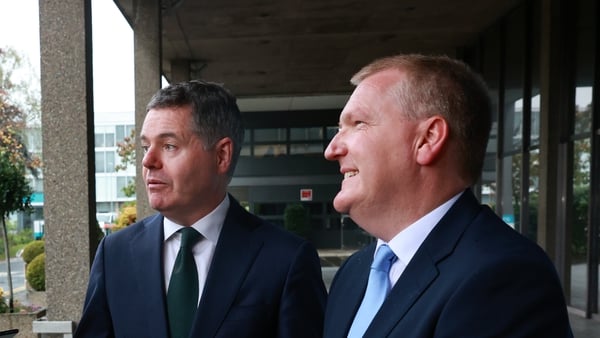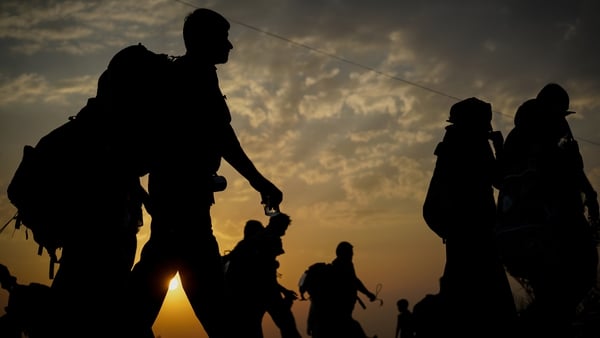The Government is to consider legislation which would overhaul defamation laws next month.
In remarks on World Press Freedom Day, Taoiseach Simon Harris said: "Democracy cannot truly flourish without robust protection for the right of freedom of expression.
"This will be carefully balanced with safeguarding the individual right to a good name and reputation."
There is ongoing work between the Department of Justice and the Office of the Attorney General to finalise a draft Defamation Amendment Bill for publication, the Government said.
The proposed legislation would abolish the use of juries in High Court defamation cases, support more use of alternative dispute resolution, reform and simplify several key defences to defamation, and ensure easier and less costly access to redress for victims of defamation.
It includes provisions to stop SLAPPs or cases taken to intimidate or harass critics.
It will also transpose an EU anti-SLAPP Directive in the context of defamation proceedings.
Subject to legal advice, the Government said it hopes Minister for Justice Helen McEntee can provide a full draft for approval by end of June 2024.
In a letter to the Taoiseach, NewsBrands Ireland, which represents many of the country's newspapers, called on the Government to move ahead with the changes in legislation.
In the letter, editors told Mr Harris it would be "a missed opportunity and a significant blow to a free media and to democracy itself if this important opportunity were to slip away now".
They say that in contrast to other legislation on the Government's busy agenda the new defamation legislation is already significantly advanced.
The letter was signed by editors from the Irish Times, the Irish Daily Mail, The Sunday Times and the Irish Examiner.
Warning over press freedom
Meanwhile, media watchdog group Reporters Without Borders warned of declining government support for press freedom as it unveiled its annual world rankings, highlighting Argentina among the countries where the situation has deteriorated.
Norway retained its top position, while Eritrea came last, taking over from last year's lowest-ranked country, North Korea.
Ireland fell six places ranking number eight in this year's rankings, but remains within the top ten.
Among the most significant declines were Afghanistan, (which fell 26 places to 178th), Togo (down 43 to 113th) and Ecuador (down 30 to 110th).
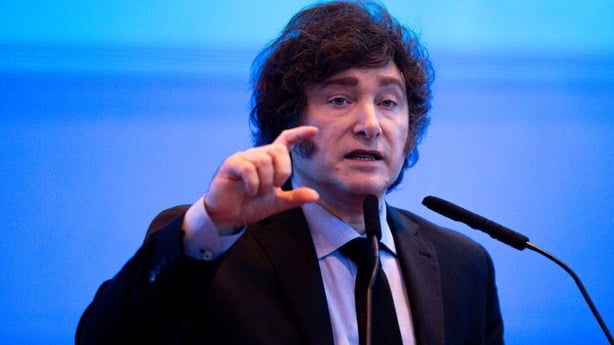
The bottom ten included China, Iran, North Korea, Syria and Eritrea.
But the watchdog, known by its French acronym RSF, warned that politicians across a wide range of countries were targeting the media.
"Some political groups fuel hatred and distrust of journalists by insulting them, discrediting them, and threatening them," it said.
"Others are orchestrating a takeover of the media ecosystem," it added.
It singled out Argentina under newly elected President Javier Milei, down 26 places to 66th, saying his decision to shutter the public press agency Telam was a "worrisome symbolic act".
It also highlighted Italy under Prime Minister Giorgia Meloni, where a member of her coalition is trying to acquire news agency AGI.
Respondents in three-quarters of countries (138) reported to RSF that political actors were often involved in disinformation and propaganda, and that this was systematic in 31 countries.
RSF said there was "spectacular mimicry of Russian repressive methods" across Eastern Europe and Central Asia, stretching as far as Serbia, "where pro-government media carry Russian propaganda and the authorities threaten exiled Russian journalists".
The most challenging region remained the Middle East and North Africa, where the situation was "very serious" in nearly half the countries, with Qatar now the only country where the situation was not classified either as "difficult" or "very serious".
Europe was the only region to include any countries classed as "good".
Greece was ranked worst in Europe (88th overall), coming below Hungary and Poland.
Despite improvements in its score, Greece was criticised over its continued failure to deal with a scandal around wiretapping journalists by the intelligence service and the murder of veteran crime reporter Giorgos Karaivaz in 2021.
The BBC in Northern Ireland has also begun a legal process to establish whether journalist Vincent Kearney was subjected to alleged police surveillance.
The broadcaster has written to the Investigatory Powers Tribunal in London about alleged PSNI surveillance of phone data linked to Mr Kearney's work at the time.
Now in its 22nd year, the RSF report is based on data collected by the group about abuses against journalists and questionnaires sent to professionals, researchers and rights defenders.
Additional reporting AFP


